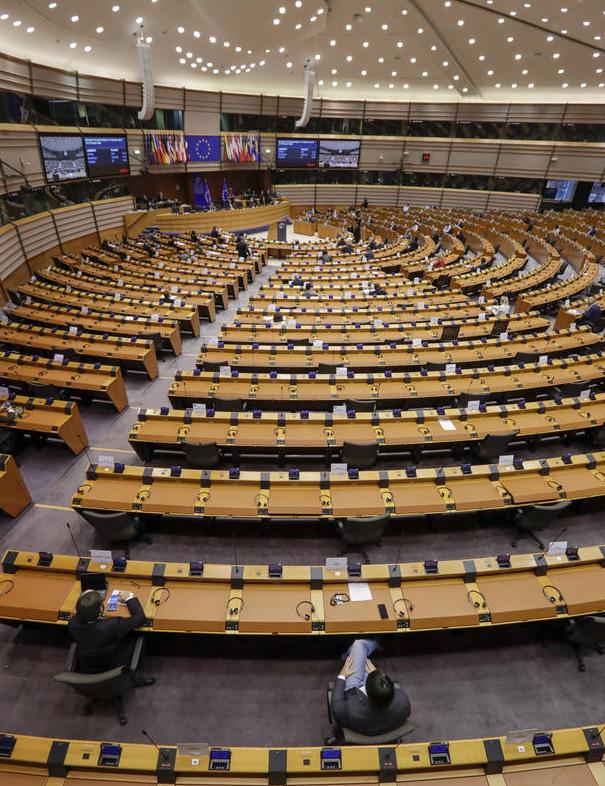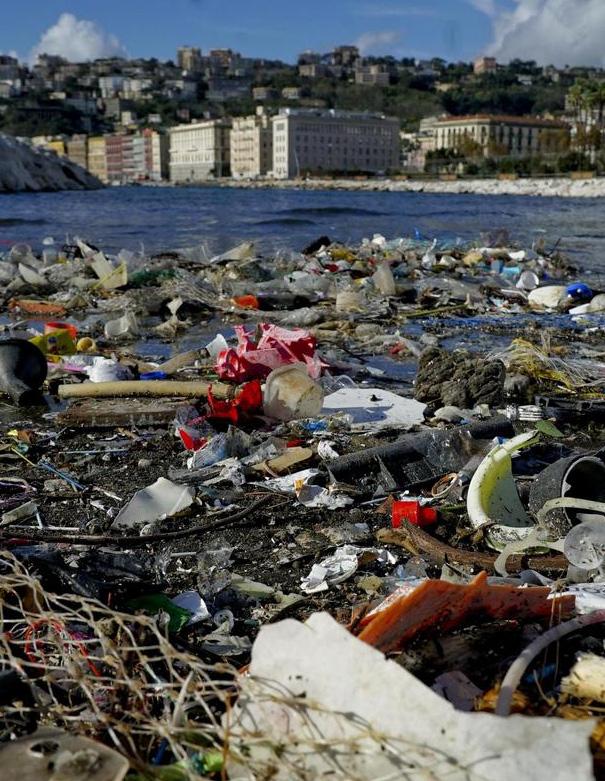
4 minute read
CommuniqEU
CorporateDispatchPro
KEITH ZAHRA
ECONOMY
Recovery & Resilience Facility
European Economy and Finance Ministers reached a political agreement on the Recovery and Resilience Facility (RRF), the main instrument of the €750 billion recovery package negotiated by EU leaders in their meeting between 17 and 21 July.
The aim of the facility is to provide large-scale financial support for reforms and investments undertaken by member states, to mitigate the economic and social impact of the Covid-19 pandemic and to make the EU economies more sustainable, resilient and better prepared for the challenges posed by the green and digital transitions. It would offer a mix of grants (€312.5 billion) and loans (€360 billion) to member states.
The proposal for a regulation establishing this instrument has been discussed intensively within the Council during the past few months. Ministers exchanged views on the outstanding issues, including governance, control systems and the challenges to be addressed in the recovery and resilience plans to be submitted by member states with a view to receiving RRF support.
The political agreement reached will be formalised by the Permanent Representatives Committee as a mandate for negotiations with the European Parliament. The Council’s position will guide the presidency in negotiations with the Parliament, which the presidency aims to conclude as soon as possible.


CorporateDispatchPro

KEITH ZAHRA
RULE OF LAW
MEPs defend rule of law
Rule of law deficiencies in Member States mean EU funds may be used to undermine European values and in such a context, MEPs are demanding new tools to tackle the problem.
MEPs warned in two plenary debates on 5 October 2020 that European values are in danger and said EU funds from the long-term budget and the recovery plan should not be put into the hands of those working against democracy and fundamental rights in Europe.
MEPs called for reinforcement of the rule of law across Europe through a new mechanism as well as effective sanctions on EU countries found to be in violation. They also called on the EU institutions to agree on clear rules linking receipt of EU funds by a member state to respect for the rule of law. The EP proposal envisages that the Commission may suspend or reduce payments from the EU budget to a member state in breach of the rule of law. The Council would be able to veto the Commission’s ruling by a qualified majority.


CorporateDispatchPro

KEITH ZAHRA
ENVIRONMENT
Plastic packaging waste: EU needs to boost recycling to achieve ambitions
There is a significant risk that the EU will not meet its plastic packaging recycling targets for 2025 and 2030, according to a review by the European Court of Auditors (ECA). The update of the legal framework for plastic recycling in 2018 reflects the EU’s increased ambitions and could help boost recycling capacity.
The scale of the challenge facing the Member States should not be underestimated, however. New and more accurate recycling reporting rules and a tightening of plastic waste export rules will reduce the EU’s reported recycling rate. Concerted action is thus needed to get the EU to where it wants to be in just 5 to 10 years’ time, the auditors say.
Packaging alone, such as yoghurt pots or water bottles, accounts for about 40 percent of plastic use and over 60 percent of plastic waste generated in the EU. It is also the type of packaging with the lowest recycling rate in the EU (slightly over 40%).
To address this growing waste problem, the European Commission adopted the plastics strategy in 2018, which included updating the 1994 Packaging and Packaging Waste Directive (PPWD) and doubling the current recycling target to 50 percent by 2025 and even 55 percent by 2030. Reaching these targets would be a significant step towards achieving the EU’s circular economy goals.


CorporateDispatchPro

KEITH ZAHRA
ENLARGEMENT
EU assesses reforms in Western Balkans and Turkey
The European has published in-depth assessments of fundamental reforms taking place in the West Balkans and Turkey while presenting clearer and more precise recommendations and guidance on the next steps for those partners, in line with the enhanced enlargement methodology.
EU High Representative for Foreign Affairs and Security Policy/VicePresident of the European Commission, Josep Borrell, said: “The citizens of the Western Balkans are part of Europe and they belong in the European Union. Today’s reports on the Enlargement Package provides a rigorous assessment that indicates the way forward, highlighting what has been achieved and where there is still hard work to be done.”
The Commission maintained that the firm and merit-based prospect of full EU membership for the Western Balkans is in the European Union’s very own political, security and economic interest. On the other hand, while describing Turkey as a key partner, the Commission said that this country has continued to move further away from the European Union with serious backsliding in the areas of democracy, rule of law, fundamental rights and the independence of the judiciary.





